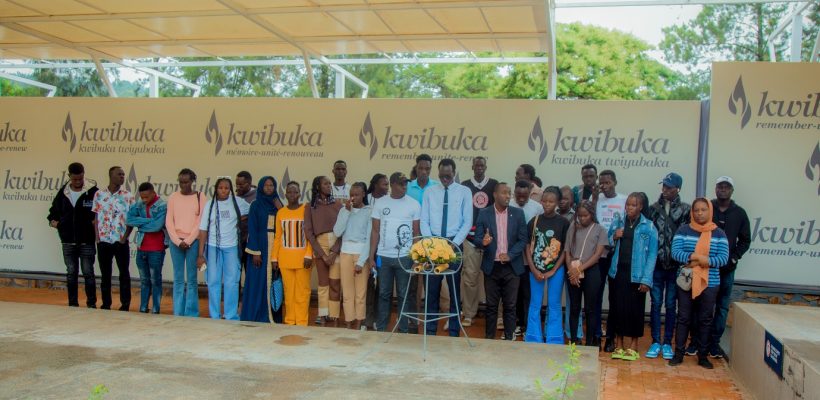In Gisozi, the Kigali Genocide Memorial stands as a powerful reminder of one of the darkest chapters in human history. This solemn place attracts visitors from all around the world and recently left a profound impact on a group of South Sudanese students studying at Kigali Independent University, ULK.
The students, hailing from different regions of South Sudan, came to ULK to pursue various academic disciplines, including business, software engineering, and social sciences. While their academic pursuits were diverse, they shared a common interest in understanding the importance of reconciliation, peace, and history, especially in the context of their own country’s past and ongoing struggles.
For these South Sudanese students, visiting the Kigali Genocide Memorial was a deeply meaningful experience. They wanted to learn from the tragic history of Rwanda and the memorial’s message of remembrance, reconciliation, and prevention.
Upon arriving at the memorial, the students were struck by its serene surroundings and the peaceful atmosphere.
As the South Sudanese students moved from section to section, their emotions swayed from shock and sadness to awe and inspiration. The scale of the tragedy and the resilience of the Rwandan people left a lasting impression on them. They were particularly moved by the personal stories and testimonials on display in the Genocide Memorial section, conveying unimaginable suffering but also the strength and determination of those who survived and rebuilt their lives.

